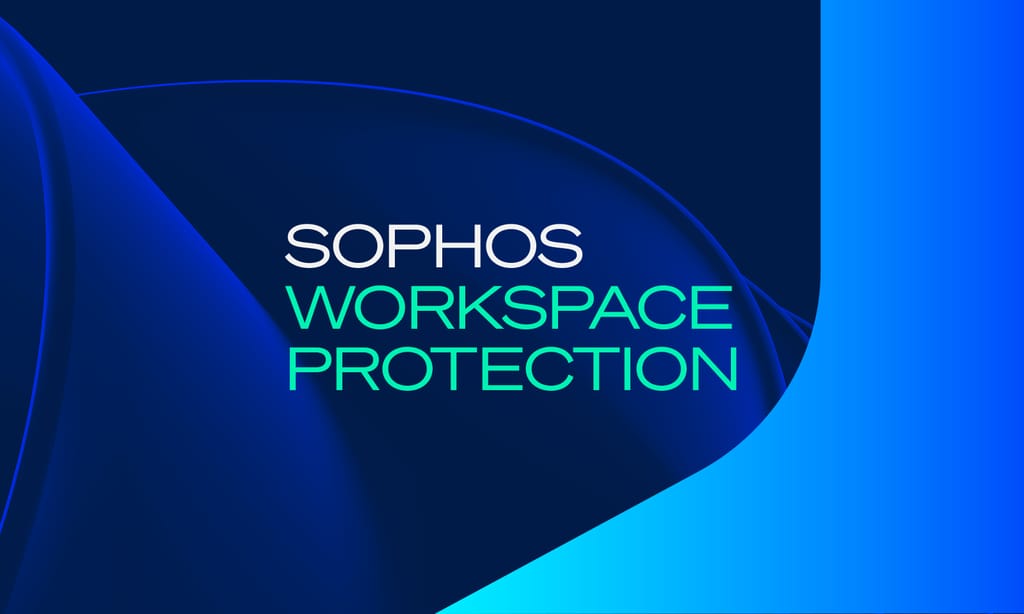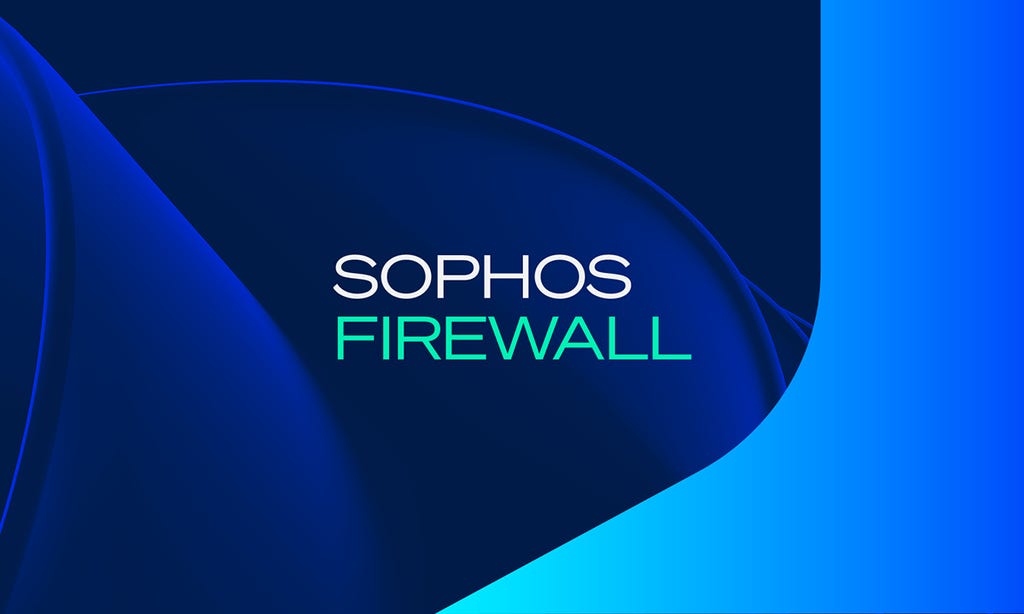
What is cybersecurity as a service?
Cybersecurity-as-a-service (CSaaS) is a form of managed cybersecurity that is delivered via the cloud. The outsourced model of cybersecurity-as-a-service means that, rather than handling it internally, organizations work with a third-party partner with the expertise and resources to continuously monitor their security posture.
Generally, CSaaS covers the following security elements:
- Application security—email security, credential protection
- Endpoint security—including connected devices of remote workers beyond the firewall
- Data security—in motion and at rest
- Network security—filtering out harmful traffic, blocking potential intruders
- Cloud security–including multi-cloud environments
- Managed Detection and Response (MDR)—detect and quickly neutralize threats
CSaaS provides secure solutions to all of these potential points of failure. The model of cybersecurity-as-a-service means that you rely on the security vendor’s dedicated Security Operations Center (SOC) to provide around-the-clock managed security.
The best cybersecurity companies have the capacity to deliver a range of security services to your organization via the cloud, while their team of security experts monitors and responds to any threats against your systems, 24/7.
Why Is Cybersecurity-as-a-Service Important?
Data breaches and cyberattacks are on the rise globally, and no company is immune to them, regardless of size or industry. Ransomware, malware, phishing, social engineering, denial-of-service and other attack vectors are increasing in frequency and sophistication. Making matters worse, the threat landscape is constantly evolving, with cybercriminals developing new ways to trick unsuspecting victims and infiltrate networks. These attacks are carried out with one mission in mind: gaining unsanctioned access to your company’s data. Once your data has been compromised, the consequences can be devastating to your business.
Moreover, CISOs and CIOs are placing a higher priority on cybersecurity spending. Still, it’s unrealistic to expect every company to have the resources to build a dedicated security operations center (SOC). A well-appointed SOC requires a large team of cybersecurity professionals who possess the knowledge and experience to constantly monitor, detect, and thwart all cyber-attacks. These individuals are challenging to find because they’re in high demand. Even mid-sized and large organizations struggle to keep pace with the resources required to recruit and retain the best IT security talent. For SMBs, it can be completely out of reach.
Cybersecurity-as-a-Service offers an attractive, more cost-effective option to building an in-house team.
How Cybersecurity-as-a-Service Differs from Traditional Cybersecurity?
Depending on your organization’s size, budget, and regulatory compliance needs, you’ll find a number of approaches to cybersecurity. One decision you must make is whether to outsource your security or develop it in-house.
Managing your organization’s cybersecurity completely on your own is a challenge. Digital transformation and the Internet of Things have changed the game for security teams. The more digitized a business becomes, the greater the attack surface. And yet, digitization is what your employees and customers demand.
The traditional method of building an internal security team is to hire an experienced security staff whose sole purpose is to develop and enforce a company-wide security policy that’s tailored to the unique needs of the business. However, this can be costly and time-consuming for organizations, especially large enterprises with hundreds or thousands of employees and systems spread across multiple locations. Once an organization reaches a certain size, traditional, in-house security can exhaust resources.
Cybersecurity-as-a-service (CSaaS) is the outsource option. Some companies prefer an “all-in” approach with one vendor, while others choose to outsource some or most of their enterprise security tasks.
The top benefits of CSaaS include:
- Reduced risk
- Greater efficiency
- Lower costs
Some organizations take a more flexible approach to CSaaS, opting to outsource certain aspects to a vendor, while retaining others in-house.
How Does Cybersecurity-as-a-Service Work?
Cybersecurity-as-a-service combines best-of-breed security services, software, and human expertise in a single, holistic solution.
At the heart of every cybersecurity-as-a-service vendor partner is their Security Operations Center (SOC). A SOC is a state-of-the-art facility used to monitor and respond to your organization’s security threats. Ideally, SOCs are staffed by seasoned security professionals dedicated to monitoring, identifying, tracking, and resolving security incidents. They do this with the help of professional-grade security software and sophisticated tools that help them identify and prioritize threats to the system.
In the CSaaS model, the SOC relies on a combination of technology and human expertise to monitor your business systems for security threats. This may include the use of advanced Artificial Intelligence (AI), Managed Detection and Response (MDR), managed incident response, endpoint security, application security, data security, and cloud security. SOC staff may also proactively search for potential security threats using various methods, such as social media monitoring, dark web intelligence, and open-source intelligence.
Through cloud-based or subscription-based Cybersecurity-as-a-Service, organizations don’t need to set up their own security tools or processes. Some managed security providers can start monitoring an organization’s environment in just a few days or weeks, providing proactive protection and peace of mind more quickly than with traditional, in-house security models.
What are Cybersecurity-as-a-Service Features?
The best cybersecurity companies should be able to monitor your organization’s entire IT infrastructure, 24/7/365, and detect potential incidents quickly and accurately. The goal with CSaaS is to maintain constant vigilance, so any potential data breaches and threats are addressed as quickly and effectively as possible.
CSaaS vendors should be responsible for collecting data and event logs from across your organization’s entire IT environment, including corporate networks, all connected devices, and information systems, regardless of their location.
How Does Managed Detection and Response (MDR) Fit Into CSaaS?
Managed Detection and Response is only one aspect of a broader CSaaS offering, but it’s an important one. Practicing strong cyber hygiene, with an emphasis on data breach prevention, is the best approach, but it will only take you so far. Sooner or later, a bad actor is going to attempt to infiltrate your systems through any number of attached vectors. When they do, your organization must have a plan to detect and respond to that threat.
Questions for Evaluating CSaaS Vendors
Here are some key questions to ask your CSaaS provider:
- What should I expect from this service?
- Which aspects of cybersecurity are still my responsibilities, even with a third-party managing them?
- What are your SOC’s capabilities?
- Where is your SOC located?
- How much of my threat attack surface is protected by your services?
- How much experience/knowledge does your team offer?
- Can you customize your CSaaS solutions to meet my business needs?
- Do you have a data breach incident response plan?
- What kinds of reports will I receive from you, and how often?
- Are you fully 24/7/365?
- Do you provide endpoint security and monitoring as part of your services?
- How do you secure my data, at rest and in motion?
- Which national and global security standards and regulations do you follow?
- How do you ensure that your security analysts won’t harm my environment?
- How do your services integrate/perform with the security tools and platforms I already have in my environment?
The right CSaaS partner will be able to answer these questions with ease.
Additional Thoughts on Cybersecurity-as-a-Service
Cybersecurity is too complex and too fast-moving to be effectively managed solo by most organizations. It requires a sophisticated level of resources and personnel that most businesses don’t have and can’t afford to maintain in-house.
Sophos offers a complete, integrated cybersecurity-as-a-service platform of protection that provides a single interface into email, cloud, network, and endpoint security. All backed by artificial intelligence, human threat analysis and open APIs to integrate with third-party tools and other cybersecurity vendors.
Want to know more? Get in touch with a Sophos CSaaS expert today.
Related security topic: What is a cybersecurity consultant?
.svg?width=185&quality=80&format=auto&cache=true&immutable=true&cache-control=max-age%3D31536000)


.svg?width=13&quality=80&format=auto&cache=true&immutable=true&cache-control=max-age%3D31536000)



